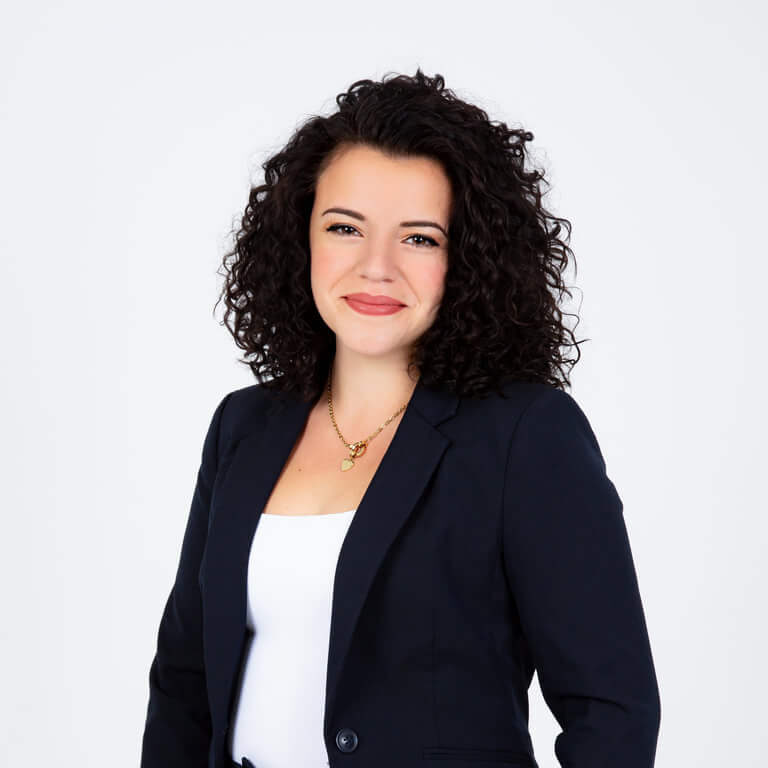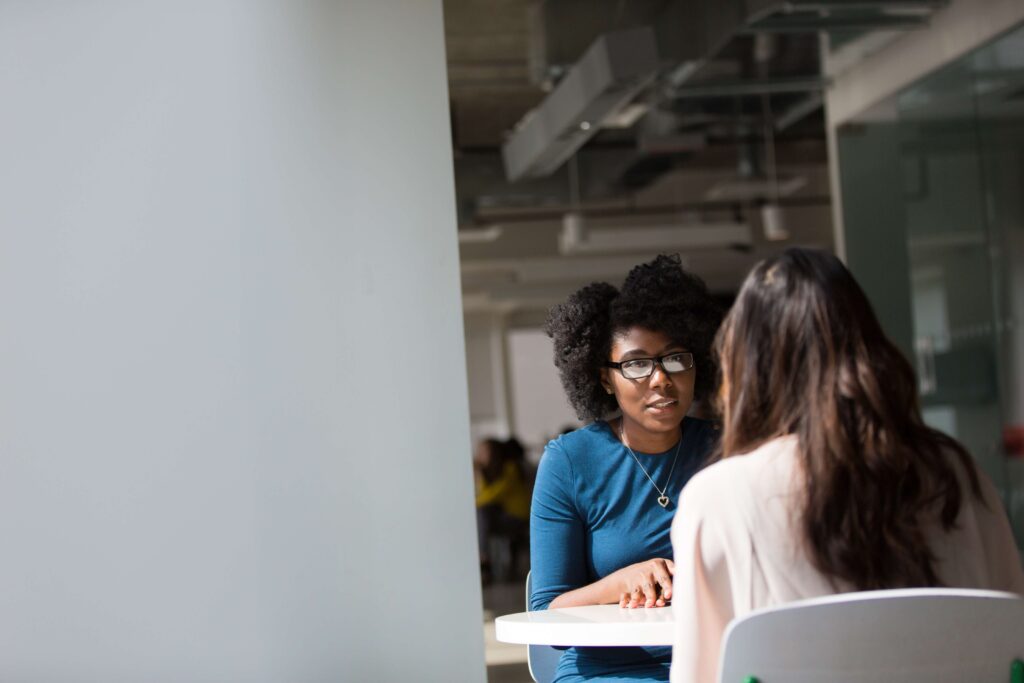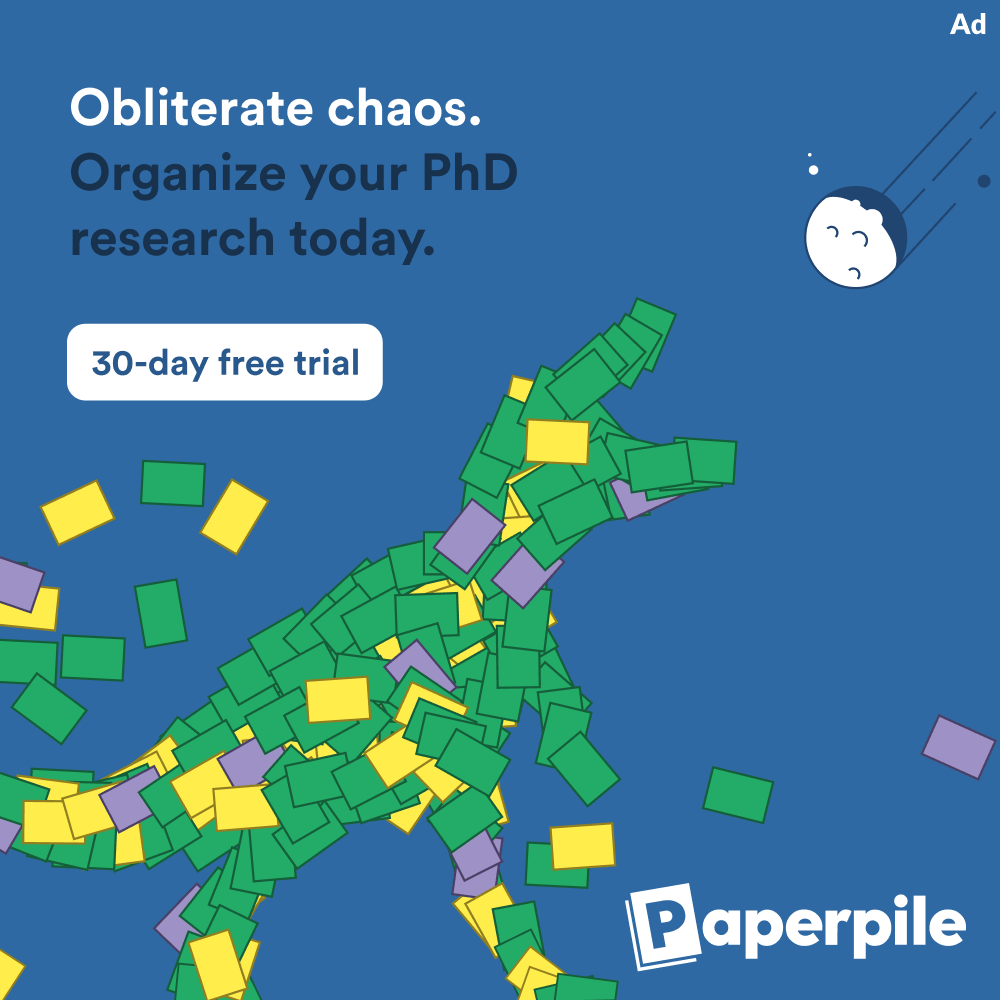Your supervisor can profoundly influence the progress of your PhD, as well as your own personal wellbeing. A supportive, helpful, and welcoming supervisor can make all the difference and help fuel your passion for academia. Conquering your PhD will not be easy, but having a supportive mentor to guide you through this difficult journey will make everything more enjoyable.
You can’t risk losing your enthusiasm. Lack of support and high expectations towards your progression can damage your mental health and lead you, in the most extreme cases, to give up your dream of achieving a PhD. I was very lucky. Not only did I have an extremely competent, professional, and capable supervisor, but also a valuable, helpful, and understanding person who never made me feel alone by offering advice, friendship, and support. Here’s what I learned from him.
1. Being a supervisor is also being a mentor.
A supervisor’s work is not merely limited to thesis correction or giving advice on data analysis. You will need more than just project support along the way. Beginning a PhD is a courageous endeavour; you deserve and need all the support you can get (and then some!). Unfortunately, discussing your research with friends and family is not always appropriate or easy, and this is where your supervisor takes on the role of a mentor.
The quality and quantity of assistance you receive will greatly determine your success and love for what you are doing. At the beginning of your journey, you will need a supervisor who is present and available to you as you find your way. I’m particularly talking about the confusion! Sometimes you need someone to walk you through the difficult philosophical constructs of epistemology, ontology and positivism… or to help you decipher what exactly is the difference between an inductive, deductive, or abductive approach. It is during this process of learning that you will need a supervisor to get ensure you don’t become overwhelmed. You’ll need them right until the very end, when you have submitted your thesis and are preparing your viva, when you need reminding how hard you’ve worked and how good you are! How proud they are of you. How much you deserve it. This is how a mentor will help you achieve your goal.
2. Being a supervisor is like being a travel companion.
Having pursued my Doctorate part-time I often felt very lonely. There wasn’t a lab for me in which to chat to others about my research, or a campus where I could study with other students. I worked on my dissertation purely in the evenings, on weekends, and in the office during working hours when I could. Sometimes, the only academic contact I had was once a week via Zoom with my supervisor.
I looked forward to that meeting with excitement and trepidation. I was finally able to talk to someone about what I was doing, about the challenges and problems I encountered (in addition to those small victories), but above all I felt like an authentic researcher.
My supervisor provided companionship on this long, difficult, and lonely journey. And in that weekly hour we didn’t focus wholly on my thesis, we had time to talk about life outside of academia, and had a good laugh! I really enjoyed those moments. A journey in company is more pleasant, especially when that journey is a Doctorate!
3. Being a supervisor is also being a friend.
Your private life continues despite the work and academic commitments. Mine took several turns during my Doctorate, and I often felt like I couldn’t handle it. I have been living in a foreign country for a few years now, and the absence of family and friends made things more difficult.
In all of this, my supervisor never put unnecessary pressure on my workload. He encouraged me to engage in networking activities to help grow my academic interests, such as attending conferences, but he never made me feel bad when I couldn’t. Deadlines and commitments were always negotiated and extended when I was struggling. Despite my anxiety, my supervisor convinced me how important my mental health was, and that it should always be the priority. This was crucial to my success, as academia is a place where mental health is often sacrificed to make way for professional achievements.
It was a relief for me to have someone beside me who respected my personal commitments. During our weekly meeting, my supervisor always took the time to ask me how I was and genuinely listened. He was always a good friend. On this journey I learned how important it is to have the right support and how this support can influence the success of your professional experiences.
Final thoughts.
I read daily on the magnificent #AcademicTwitter community how rare it is to enjoy an available and present supervisor. Somehow, many supervisors appear to have forgotten that they were once students themselves. Admittedly, being a supervisor is not the right job for everyone. Becoming a supervisor who is also a mentor, travel companion and friend can seem overwhelming for anyone looking to start this career, but it is possible. And it made all the difference for someone like me.
Our task in the academy is to be the supervisor we didn’t have or, in my case, to try and be even better! We deserve a friend who respects our mental health. The PhD journey can be tortuous and fraught with obstacles, and alone it is undoubtedly tougher. The supervisor’s role should never be limited to evaluating your professional work. I know that I will strive for my students to achieve their Doctorates with all the support, encouragement, and respect that I received from my supervisor.










